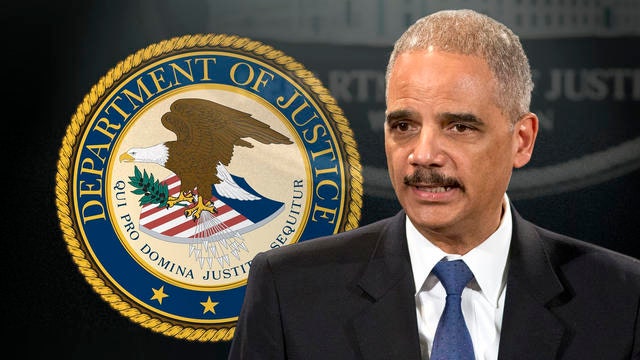“Marissa Hopkins Secreto”
-- Name of the Treasury Department spokeswoman who declined to comment to the Associated Press about secret email accounts used by agency officials.
The federal government wants to know what’s in James Rosen’s email, but doesn’t want James Rosen to know what’s in its officials’ inboxes.
Weird.
Whatever “chilling effect” resulted from the Justice Department’s snatching of Rosen’s emails and phone records and the agency’s grab of “thousands and thousands” of phone logs from the Associated Press doesn’t seem to have much cooled the pursuit of federal secrets.
The AP today lowered the boom on the widespread use of secret email accounts by federal officials. There are not secure inboxes for national security officials, but unlisted addresses for civilian officials -- shadow accounts created so that official inboxes can fill up with spam and unread citizen complaints while officials go about their business.
Since addresses are unknown, their contents are unknowable by reporters. One cannot file a Freedom of Information Act request for what one does not know exists.
Neither is this about the use of private, personal email accounts to conduct official business. That’s a big problem, but harder for reporters to get to. Getting a judge to compel an agency to provide the contents of government workers’ private accounts would be a tall order, since the individuals’ rights to privacy would trump any press trolling.
No, these are accounts like the one infamously used by former Environmental Protection Agency boss Lisa Jackson, who created the alias “Richard Windsor” to conduct her official business on an official account. (In a nice bit of irony, the Washington Free Beacon reports that Jackson was given a certificate for completing ethics training under her pseudonym.)
The discovery of the Windsor emails by the Competitive Enterprise Institute created a stir in the world of EPA regulation, especially among those who say Jackson was colluding improperly with green activists. But perhaps more significantly, it tipped off the world to the use of secret secondary accounts.
So far, the Obama administration is digging in its heels on the request for a listing of the addresses. The AP says that they have gotten little back after three months of waiting. The Department of Labor asked the wire service for $1 million in processing fees to handle the request. And all AP is asking for are the accounts attached to White House appointees.
It goes without saying that this is a black eye for the “most transparent administration in history.” When President Obama’s team says that secret emails are necessary for the regular conduct of regular business in the federal government, it rings with a mocking tone in the ears of reporters.
Even if the spam tsunami was so great as to render published addresses all but unusable, why doesn’t anyone keep a list of the alternate accounts at the ready. Why wouldn’t it be jackson.lisa2@epa.gov instead of the fictitious Mr. Windsor?
[pullquote]
There are some federal emails that are understandably secret. The Pentagon, national security and intelligence agencies likely need plenty of black box accounts and investigators from Treasury, EPA and other agencies might need temporarily secret accounts so as to not tip off targets to their work. But our system suggests that Americans ought to be able to see and hear most of what their government does.
Excessive transparency is usually the government’s best defense against prying reporters. “Want our emails? Here’s 30 million of them; have fun looking.” Remember that transparency isn’t accountability, and is sometimes the exact opposite.
But creating this warren of unlisted and thereby inaccessible accounts pushes information that should be publicly available out of reach of the public. Creating this secretive space encourages other bad actions, with the threat of prying public eyes largely removed. Like mold, misconduct grows best in the dark.
Had the AP put out the secret email story six months or even six weeks ago, it would have been met with mostly a shrug. Conservatives would have ruefully mocked the lack of Obamian transparency, but the administration could have kept thwarting requests until the AP tired of asking.
But now, it’s a disaster.
It is not a super time for Team Obama to be confronted with the existence of a shadow network of email accounts and for stonewalling media access. The Justice Department has been caught red-handed poaching reporters’ records, scandal is growing like crown vetch in the IRS, the Department of Health and Human Services is under fire for improper relationships with those it regulates and the acrid scent from the concealment of doctored talking points about an Islamist raid in Libya last year lingers.
With such broad evidence of misdeeds in the federal government placed before our eyes, it will be hard to look away from the existence of a shadow communications system for the president’s appointees.
And Now, A Word From Charles
“I think Issa should not be making personal attacks or hurling epithets. Leave that to me.”
-- Charles Krauthammer on “Special Report with Bret Baier.”
Chris Stirewalt is digital politics editor for Fox News, and his POWER PLAY column appears Monday-Friday on FoxNews.com. Catch Chris Live online daily at 11:30amET at http:live.foxnews.com.













































